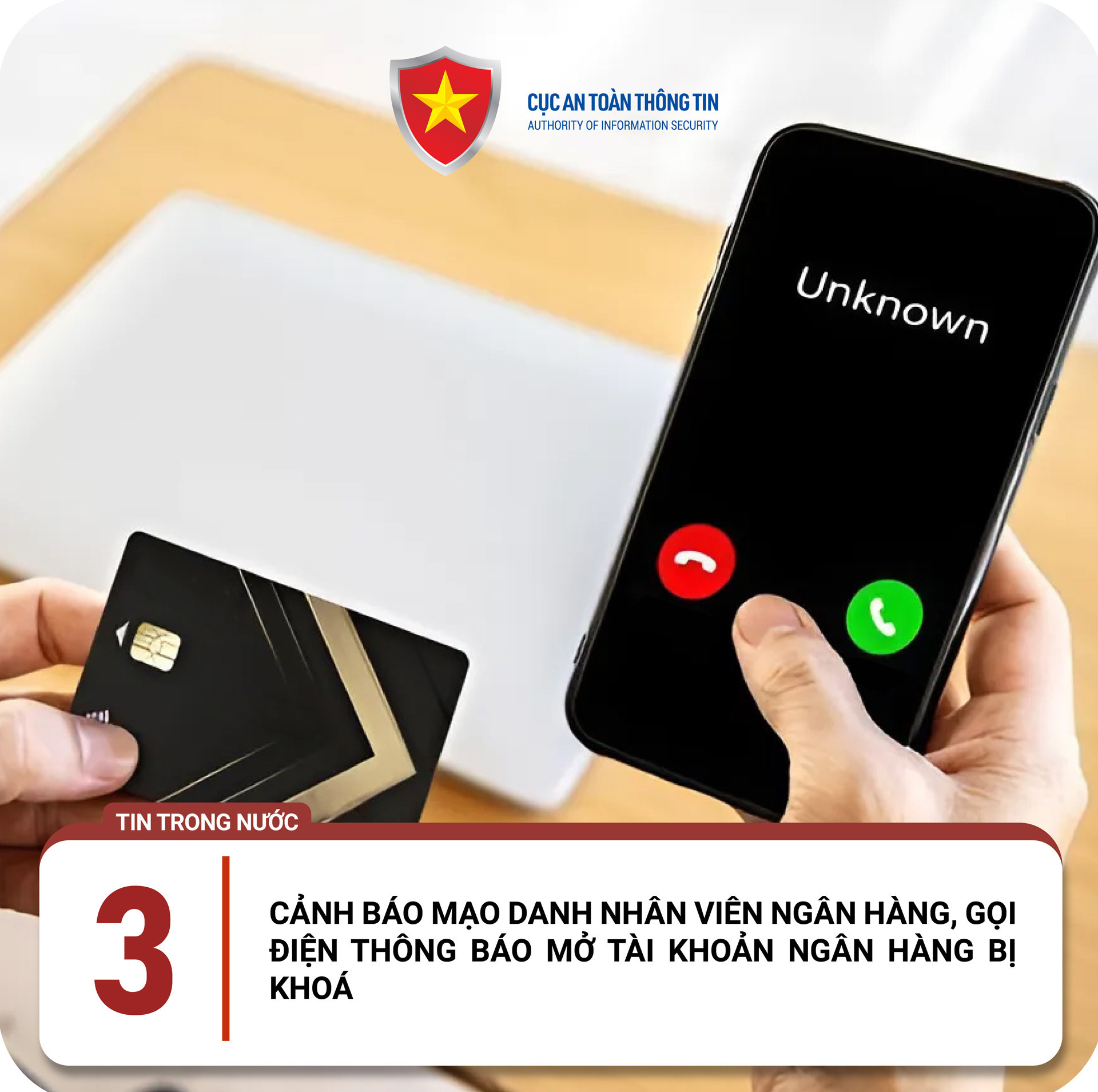
As Lunar New Year approaches, the Department of Information Security (under the Ministry of Information and Communications) has issued a warning urging people to remain vigilant against hackers exploiting security loopholes to attack users' bank accounts.
The department also identified three common scams observed between January 13 and 19 across Vietnam's digital space. It emphasized the importance of reporting any suspected scams to authorities for timely support and resolution.
Fake currency transactions on Facebook and TikTok
The Department of Information Security has reported a rise in fake currency schemes on social media platforms such as Facebook and TikTok.
Scammers often use these platforms to lure victims by advertising enticing offers for counterfeit currency, only to steal their money.
A simple search for the term "fake money" reveals numerous personal accounts and groups involved in these fraudulent activities.
Posts and promotional videos frequently display counterfeit bills of various denominations, accompanied by vague contact information, encouraging users to direct message for pricing details.
The department advises people to conduct transactions only through official, legally recognized channels and to verify the identities of parties involved before transferring funds.
"Super promotional" travel scams during Tet
With the nine-day Lunar New Year holiday increasing demand for both packaged and independent travel, scammers are capitalizing on the trend with sophisticated schemes.
Fraudsters create numerous social media groups and fan pages, advertising "super promotional" Tet tour packages featuring eye-catching visuals and attractive itineraries. These scams often require victims to pay either the full amount or a substantial deposit upfront before any services are provided.
To build trust, fake accounts leave positive comments or claim satisfaction with the services offered. Some scammers even impersonate reputable travel agencies or establish fake companies.
The Department of Information Security warns people to avoid sharing personal or banking information, avoid suspicious links, and refrain from downloading unverified applications. Verification of travel deals through official channels is strongly recommended.
Impersonating bank staff to resolve account lockouts
As Tet approaches, several banks have alerted customers to scams involving impersonation of bank employees.
Scammers exploit minor transactions that do not require biometric verification to gain unauthorized access to victims’ accounts. These criminals also trick users into downloading fake applications that harvest personal information, enabling large unauthorized transactions.
Some scammers obtain user data through "dark web" trading or public data breaches. They then attempt to log into victims’ accounts and may deliberately input incorrect passwords multiple times to trigger temporary account lockouts.
Posing as bank representatives, scammers contact victims to "assist" with unlocking their accounts, instructing them to download malicious apps or scan QR codes embedded with malware to extract sensitive personal information.
The Department of Information Security advises individuals to verify suspicious calls directly with their bank, avoid sharing OTP codes or personal details, and enable two-factor authentication for better account security.
Protect yourself from online scams
To safeguard against these scams, the Department of Information Security encourages citizens to:
Conduct transactions only through official, verified channels.
Regularly update and strengthen account passwords.
Be cautious of calls or messages claiming to be from bank representatives, especially those requesting urgent actions.
Avoid clicking on suspicious links or downloading unverified applications.
Report suspected scams promptly to authorities for timely intervention.
The department emphasizes that proactive measures and vigilance are the best defenses against online fraud, especially during high-risk periods like Lunar New Year.
Van Anh